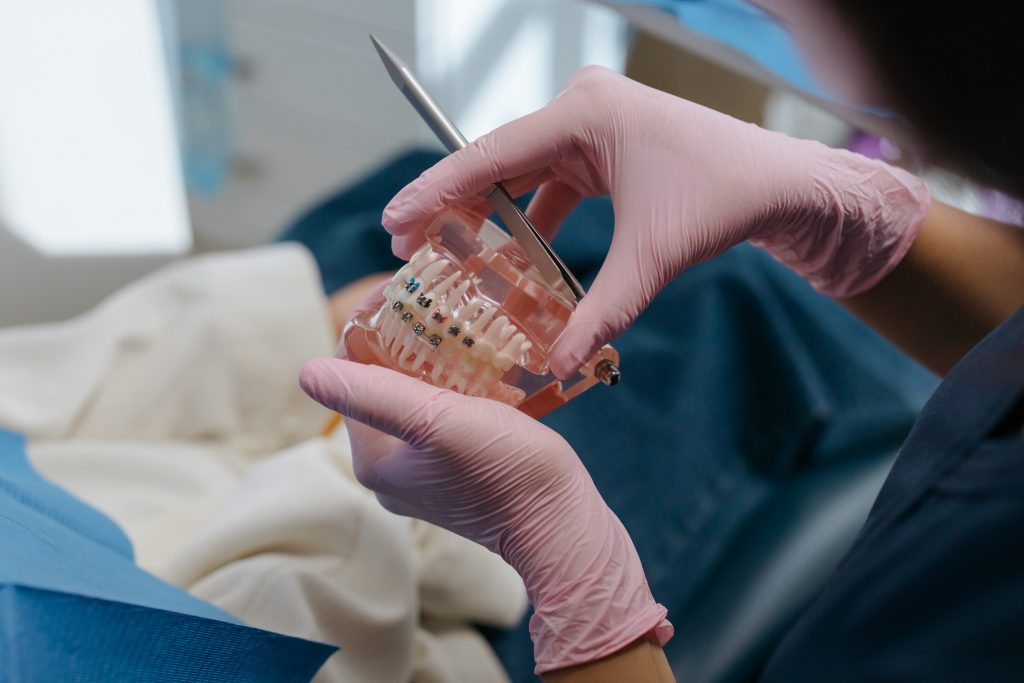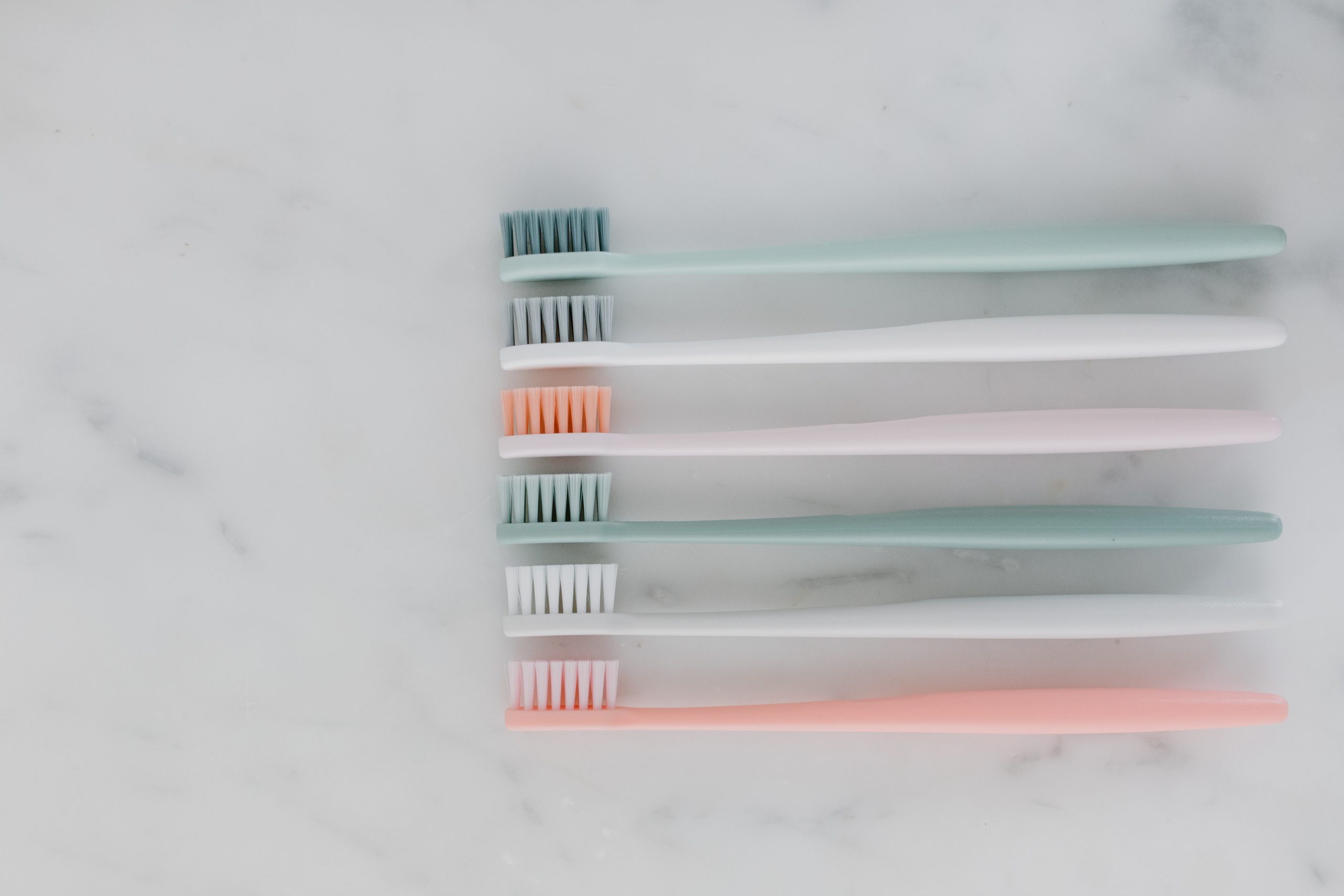In orthodontics, the main objectives cannot be met through a dentist. Indeed, the orthodontist, having carried out specialized studies in orthodontics, is the most qualified to correct the posture of the jaw and that of the teeth. Orthodontic treatment can vary from person to person. It all depends on the disorder that is affecting the patient. For example, a person who grinds their teeth at night is probably suffering from a dental occlusion. The orthodontist can then offer him bite plates to wear at night. Nothing is more unpleasant than to feel pain in the jaw, because you clench your teeth too much!

Above all, orthodontists want to ensure their patient’s oral comfort. This is why he will advise him towards the different possible avenues, in terms of treatment.
The goal of orthodontic treatment? Improve the oral system while promoting the aesthetics of the latter. The orthodontist can contribute to a person’s smile, which will boost their self-esteem!
Why Call An Orthodontist?
If a jaw problem occurs, do not try to fix it yourself, because more damage could occur, thus reducing the risk of healing of the jaw. For a treatment carried out gently, but effectively, it would be better to contact an orthodontist, who will take care of everything. Besides, the orthodontist can, with a well-defined treatment, improve the chewing and speech of his patient. A good jaw position has a more than beneficial effect on chewing and digestion of food.
The orthodontist also helps his patient to improve his oral health. Indeed, given the better alignment of the dental system, it becomes easier to perform daily cleaning of your teeth. A visit to this specialist dentist provides many benefits for his oral health!
In short, the orthodontist is the perfect person to relieve any jaw and dental alignment problem. With the help of personalized treatments, a competent approach, and the necessary qualifications, it is truly an effective solution to all mouth alignment ailments. Do not hesitate for a second to contact the latter when the slightest discomfort arises.
Tips For A Diet Synonymous With Healthy Teeth
To these recommendations can be added many rules, tips, and eating habits that will help you maintain a healthy and healthy mouth:
Control your consumption of cold or hot sweet drinks: fruit juices, sodas, energy drinks, but also tea and coffee to which sugar has been added. Their acidity weakens the enamel and the sugar they contain strengthens dental plaque bacteria. Be careful not to take too long to consume these drinks. A can of cola drunk occasionally at mealtime will have less of an effect on the teeth than the same can consumed all at once throughout an afternoon.
Likewise, if possible, try to drink a glass of water after these sugary drinks. The water will rinse off the traces of drink to prevent them from sticking to the enamel and ultimately altering its color while diluting the acids produced by dental plaque.
Stay hydrated throughout the day. Keeping a moist mouth helps distribute saliva well so that it forms a protective veil between teeth, tissues, and food.
Limit sweets, candies, and other candy bars on rare occasions. These products, which are very rich in sugars and sometimes in fat, stick to the teeth and will feed the bacteria of dental plaque and will more or less quickly cause cavities, especially in young children whose fragile enamel is even more vulnerable to acid attacks. . On the other hand, chewing gum without sugar can be a good compromise: after meals, they allow food residues to be dislodged from interdental spaces while increasing the flow of saliva with a buffering and antibacterial effect in the mouth.
Consume alcohol in moderation. Alcohol promotes dehydration and induces dry mouth. In doing so, the flow of saliva is therefore reduced in quantity and efficiency, which particularly exposes people who drink alcoholic beverages regularly to cavities and gum problems.
